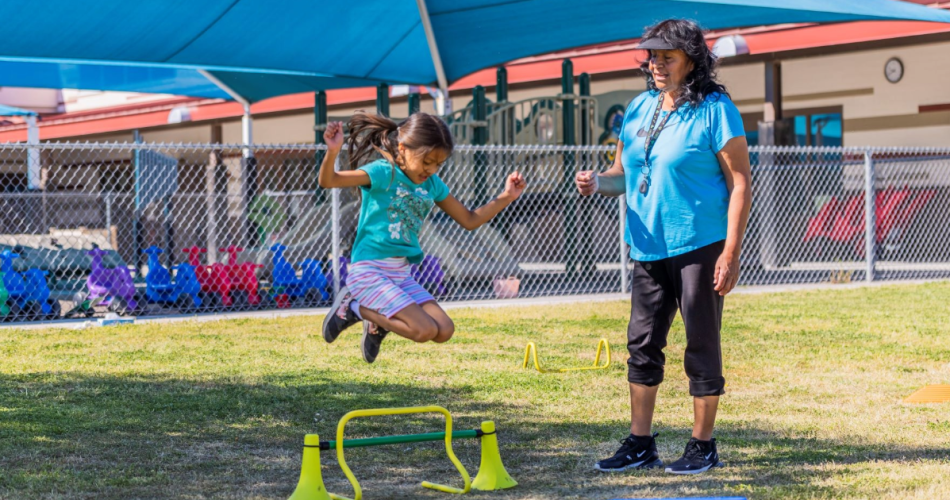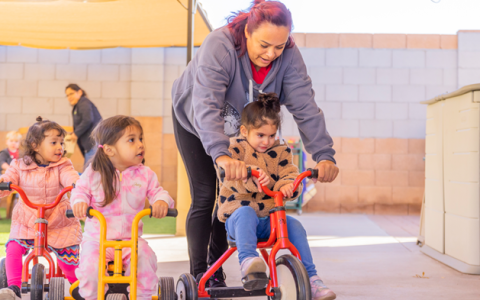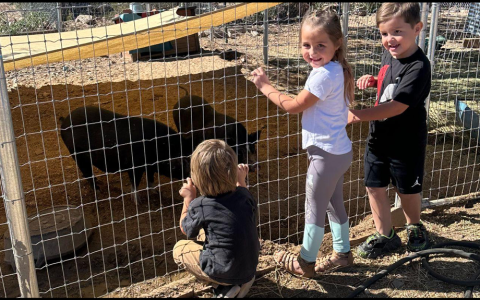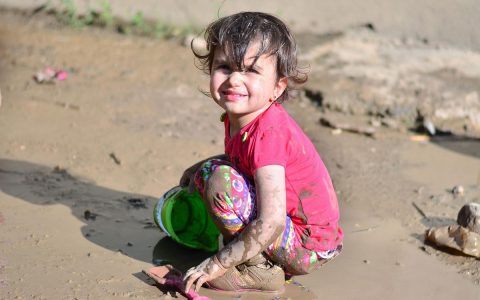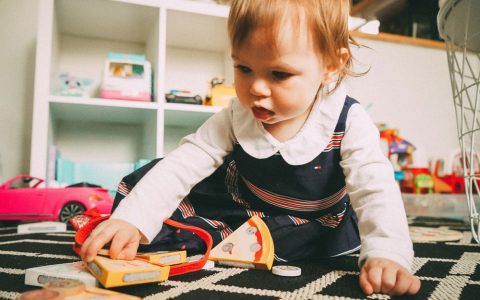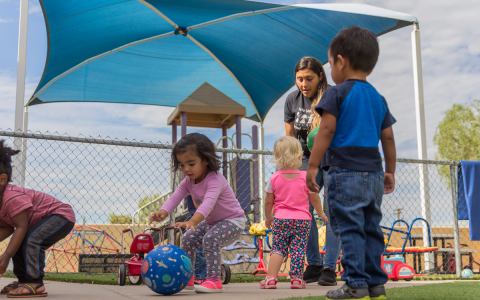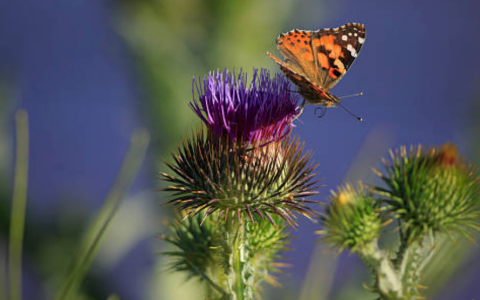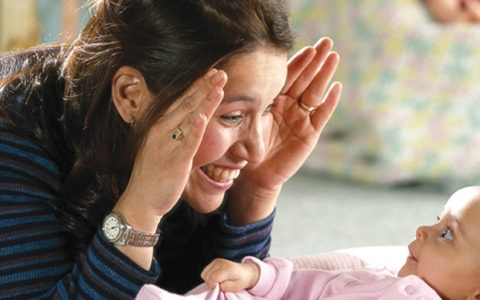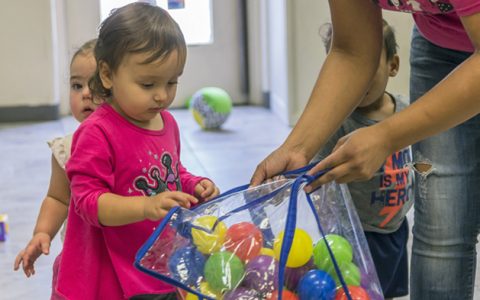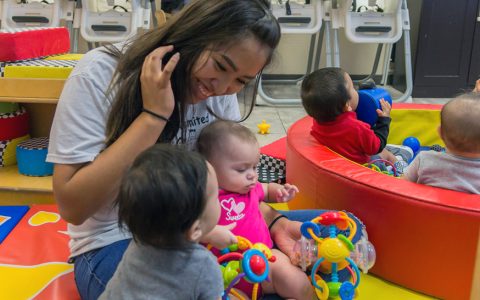A group of lively preschoolers dance and sway to music while waving brightly colored scarves. For Andrea Williams and the children in her programs, it’s more than a fun way to get moving. It’s an intentional teaching practice. Andrea Williams is the early childhood coach for the Washington Elementary School District’s Kid Space Program, a
Category: Play
Five tips to enhance active play in your program
As an early childhood educator, you’re probably already aware of the benefits of active physical play for young children. (If you want to learn more, check out these links about the brain boosting impacts and social and emotional benefits of active play.) Whether you work with infants, toddlers or preschoolers, you have a lot on
Child-focused learning: following their lead to new adventures
As an early educator, you know young children are naturally curious about the world around them. As early educators, we can foster that curiosity and nurture a lifelong love for learning. Child-focused learning is all about noticing and following children’s interests in learning experiences. By noticing and following their interests, we can take advantage of
Marvelous, Miraculous Mud: Celebrating Messy Mud Play
Think back to your earliest memories of mud. Did you make mud pies in your imaginary outdoor kitchen? Poke at it with a stick? Jump in a puddle and feel the mud squish and splash under your feet? Mud is one of childhood’s simple joys. And it’s also a great learning tool. We spoke with
Free Play, Not Free-For-All
“Play is the work of the child.” — Maria Montessori The Early Childhood Environment Rating Scales defines free play as when “a child is permitted to choose materials and companions and, as far as possible, manage play independently.” Through free play, children can make their own choices about how they spend their time. How does
Keeping Children Active and Safe in Summer Weather
As an early childhood educator, you recognize the importance of outdoor physical play on children’s development. At the same time, Arizona’s summer sun can make outdoor play uncomfortable and at times, unsafe. So, how can you provide the active, physical play children need, while keeping them safe during the summer heat? Here are six tips
Laying the foundation for math with infants and toddlers
Infants and toddlers are observant, curious and eager to explore. Natural pattern-seekers, infants observe their caregivers and environments, noticing similarities and differences, repetition and novelty. As they begin to interact with their environments, toddlers use these observations to learn about objects and patterns. Skilled caregivers encourage this natural curiosity to build strong foundations for mathematical
Communication Matters: Talking with families about learning through play
How do you respond when parents ask: “Do the kids just play all day?” If you’ve ever struggled to respond to this question, you’re not alone. There are many different ideas about how children should learn. How you communicate with families about your program and your quality early learning practices will benefit them in the
Setting the stage: Learning through free play
“Play is often talked about as if it were a relief from serious learning. But for children, play is serious learning. Play really is the work of childhood.” – Fred Rogers Why do we think of play and learning as two opposing ideas? Is it because playing is fun, often spontaneous, and because it feels
